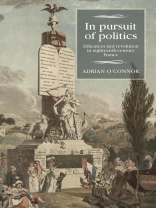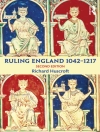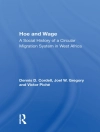This study
offers a new interpretation of the debates over education and politics in the early years of the French Revolution. Following these debates from the 1760s to the Terror (1793–94) and putting well-known works in dialogue with previously neglected sources, it situates education at the centre of revolutionary contests over citizenship, participatory politics and representative government. The book takes up education’s role in a dramatic period of uncertainty and upheaval, anxiety and ambition. It traces the convergence of philosophical, political, ideological and practical concerns in
Ancien Régime debates and revolutionary attempts to reform education and remake society. In doing so, it provides new insight into the relationship between the Enlightenment and the French Revolution and sheds light on how revolutionary legislators and ordinary citizens worked to make a new sort of politics possible in eighteenth-century France.
Table of Content
Introduction – politics: a revolutionary idea and a practical problem
Prologue: the educational ‘system’ of eighteenth-century France
1 Education and an ambivalent Enlightenment
2 National education: promise and paralysis
3 Public instruction: a new pedagogy for a new politics
4 Constitutional principles and concrete proposals: reconsidering Talleyrand and Condorcet on public instruction
5 Revolutionary politics à la plume: the public on education and politics
6 New wine in old bottles? Ancien Régime schools imagine the future
7 Republican instruction: an elusive ideal
Conclusion – politics: real, pursued, and promised
Index
About the author
Adrian O’Connor is Associate Professor of History at the University of South Florida St. Petersburg












